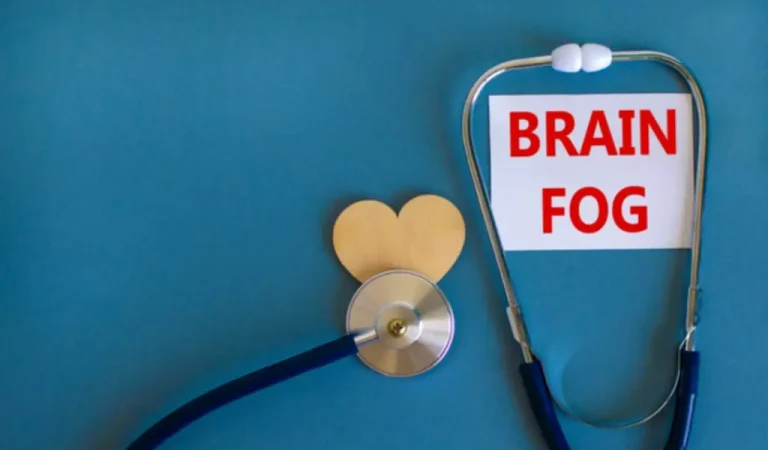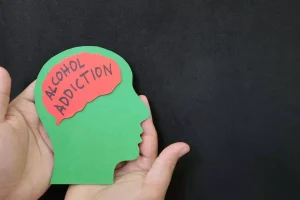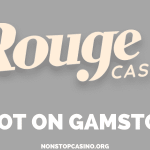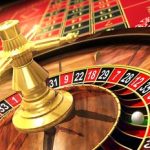As the sedative effect of alcohol wears off, you may experience a spike of anxiety or panic as your body begins to withdraw from the substance. Your primary care provider or mental health professional will ask additional questions based on your responses, symptoms and needs. Preparing and anticipating questions will help you make the most of your appointment time.

Other Anxiety Disorders

Those with panic attacks are far more likely to notice them, and this may result in a flood of anxiety that can lead to a panic attack. Social Anxiety Disorder, as its name suggests, is chronic anxiety when dealing in social settings. It is not just shyness, like many tend to think, but actual https://ecosoberhouse.com/ physical sickness when someone anticipates or is involved in a social situation. Like other anxiety disorders, it is not uncommon for phobias to grow out of anxiety. Agoraphobia, the fear of being trapped far from home, can arise out of someone’s anxiety of being in social situations.
Alcohol and Anxiety − Can a Drink Really Calm Your Nerves?
To prevent relapse resulting from negative emotional states such as anxiety, RPT recommends stimulus control (i.e., avoidance of high-risk situations, with escape as the next best option) as a first-order strategy (Parks et al. 2004). Relaxation training also is recommended because it “can help clients reduce their anxiety and tension when facing stressful situations and minimize their typical levels of motor and psychological tension” (Parks et al. 2004, p. 78). In short, for comorbid individuals, the avoidance and escape-oriented coping strategies taught within RPT could perpetuate anxiety problems. This can be achieved, for example, by using abstinence-focused social support during in vivo exposure to situations eliciting anxiety or by conducting in vivo exposure only in environments without access to alcohol. A structured plan using imaginal and/or graded exposure to cues that elicit anxiety also may offer a practical balance of therapeutic risk and reward.
- Specifically, whereas socially phobic men benefitted equally well from either cognitive–behavioral therapy (CBT) or 12-step facilitation (TSF), women with social phobia fared less well if they were assigned to TSF.
- Similar to the common-factor and self-medication hypotheses, the literature underpinning the substance-induced pathway to comorbid anxiety and AUDs is convincing but cannot account for the findings consistent with the other causal models.
- When you experience alcohol-induced panic attacks, this cycle can become even more frightening and potentially result in a long-term panic disorder.
- The fact that all these physiological changes can cause symptoms so similar to those of a panic attack can trick your brain into having a real one.
Questions to ask your primary care provider at your first appointment
A 2018 narrative review suggests that 21.9% to 24.1% of people with an anxiety disorder or mood disorder use alcohol or drugs to relieve their symptoms. A person with an anxiety disorder is two to three times more likely to develop an alcohol use disorder at some point in their life compared to someone who has never been diagnosed with anxiety. Increasingly, this research alcohol and panic attacks includes examination of the long-term genetic and environmental influences on stress reactivity and regulation and their connections to the development of AUD vulnerability. But panic attacks are hard to manage on your own, and they may get worse without treatment. If you suffer from panic attacks, cut right down on your alcohol consumption, if you drink.

What are the symptoms of a panic attack?
- Increasingly, this research includes examination of the long-term genetic and environmental influences on stress reactivity and regulation and their connections to the development of AUD vulnerability.
- In contrast, no differences in relapse rates were found among the men with or without social phobia in the study.
- Everyone is different and may experience various combinations of the above, which are almost always accompanied by an overwhelming sense of fear and anxiety.
- With treatment, most people who experience panic attacks or have panic disorder get better.
You can become agitated and jittery because your body is busy processing the alcohol, which neutralizes the effect of these medications. Few people may realize it, but you can actually be allergic or intolerant to alcohol. Anywhere from 7% to 10% of the general population has such an allergy, though it affects about 35% of those with Asian backgrounds. Signs include skin flushes and a feeling of being either wound up or very sleepy. We tend to pair up our vices, and not only drink alcohol but also eat highly dense, problematic foods.
- A variety of somatic symptoms can occur, including sweating, shaking, and chest pain.
- SSRIs and SNRIs are commonly used to treat depression, but they are also helpful for the symptoms of panic disorder.
- Here you can find useful links and phone numbers to get the support you need.
- It may also decrease your quality of life due to impaired social functioning.
- Perhaps most importantly, once the complete assessment data have been gathered through all the available strategies, the full spectrum of information should be integrated and considered as a whole to yield the most accurate diagnosis.

Anxiety and Alcohol: Does Drinking Worsen Symptoms?

 НОВОСТИ
НОВОСТИ Half-Life
Half-Life Half-Life 2
Half-Life 2







